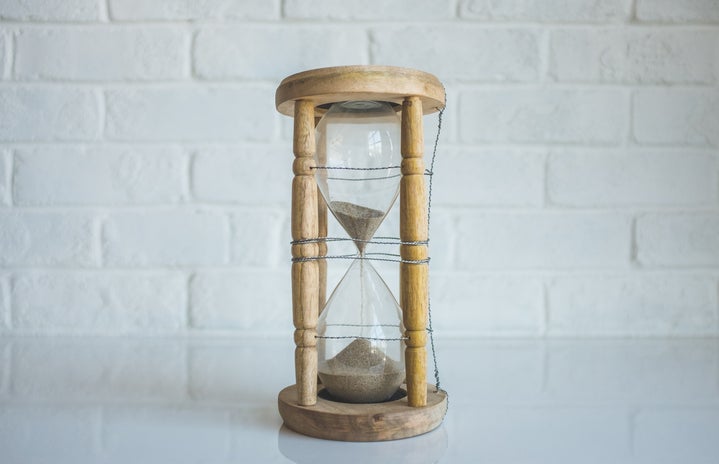This article is written by a student writer from the Her Campus at Alabama chapter.
It’s always important to dress and prepare for the season. In Tuscaloosa, these seasons include but are not limited to: summer, fall, football, tornado, hunting, the week of winter, Christmas, rainy, second tornado, or spring. That’s right – Alabama has two tornado seasons. Though the peak time for tornadoes is in March through May, they have also been known to hit in late November and early December. The University of Alabama will never forget the tornado that hit Tuscaloosa on April 27, 2011 and devastated the town. And as March arrives, it is important to be prepared for the upcoming season filled with rain, mud, wind, and – hopefully not, but possibly – tornadoes.
Keep your electronics charged.
While having a dead phone during classes is an inconvenience, not having charged electronics in an emergency situation can be dangerous. Always keep your phone charged if the forecast calls for severe weather, because you never know when you may need to call for help or use your maps app to get directions. You can also set up your alerts to notify you should the National Weather Service issue a watch or warning. You can also download a local news app for more location-specific alerts and warnings.
Because power can go out during severe weather, consider buying a portable charger for your phone or other devices and keep it with you at all times.
Stock up on non-perishable food.
Electricity keeps your electronics running and keeps you connected to the world, but it also powers kitchen appliances. If it goes out in an emergency weather situation, you won’t be able to heat up all those pizza rolls shoved in your dorm freezer without a working microwave. Since it’s almost impossible to cook without power, it’s smart to have some food stored away that doesn’t need heat. Consider protein bars, nuts, canned fruit and vegetables, or peanut butter. It won’t be gourmet, but it will probably still be better than dining hall food. Water is also essential – have at least a few bottles on hand just in case.
Know your shelter areas.
Because The University of Alabama is in a tornado-prone area, there are shelters located across campus should severe weather strike. If you don’t know where to go, now is the time to check – all shelters are listed on the university website. If you do not live in university-sponsored housing but instead live in an off-campus house or apartment, check with your landlord or management to find your safest place. Some apartments have designated shelter areas, while others will simply advise you to go to the safest place within your unit, which is usually the bathroom area. Avoid windows and resist the urge to watch for yourself if a tornado is on the way. They move more quickly than you might expect, and it’s important to seek shelter as soon as possible.
Get a radio and know your local stations.
Most college students have no need for a radio, and with good reason – with music streaming services and alarms on our phones, they’re all but obsolete. But in an emergency, they could be our only reliable source of information. Even if your phone does die and the power is still off, wireless battery-powered radios can still receive signals. These days you can buy a simple radio that is smaller than a deck of cards and runs on AA or AAA batteries. Look up the frequency of both AM and FM stations that do regular weather reports, or better yet, buy a weather radio and have it programmed to receive the broadcasts of your local National Weather Service forecast office. Some fire departments or police stations will give out weather radios for free, but they can also be found at Walmart and other supermarkets.
This weather can be scary, especially if you are from out of state and haven’t experienced anything like it before. But while there is no way to avoid a weather emergency, there are steps you can take to stay safer. So charge your phone, buy some granola bars, and pull on your rain boots. You’re ready to handle tornado season like a pro.


